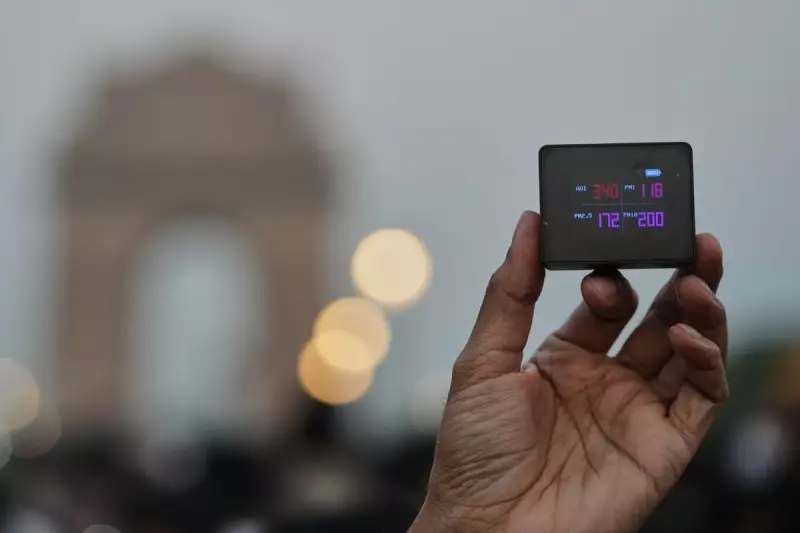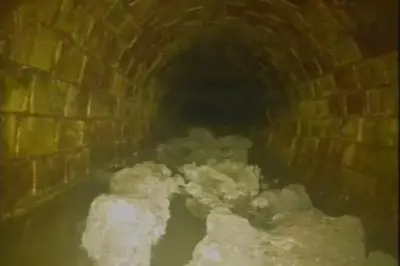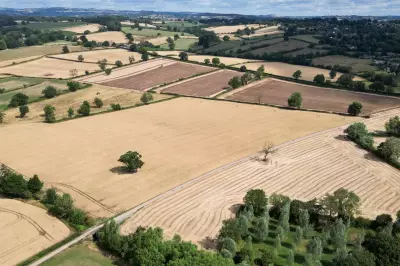
Supreme Court Sounds Alarm Over Delhi's Toxic Air
India's Supreme Court has issued a stark warning that Delhi's poisonous air could inflict permanent damage to residents' health, as pollution levels in the capital remained firmly in the severe category on Thursday, 14th November 2024. The alarming declaration came from Justice PS Narasimha during a court hearing, where he visibly expressed concern over lawyers appearing in person.
'Even Masks Are Not Enough'
In a remarkable courtroom exchange, Justice Narasimha directly questioned the legal professionals present. "Why are you all appearing here? We have the virtual hearing facility. Please avail it. This pollution ... this will cause permanent damage," he stated. When Senior advocate and MP Kapil Sibal responded that they were using masks, the justice firmly countered, "Even masks are not enough. It will not suffice," underscoring the severity of the environmental crisis.
The court has taken proactive measures by directing the governments of Punjab and Haryana to submit status reports on their efforts to control stubble burning, a major contributor to Delhi's winter smog. A separate Supreme Court bench, led by Chief Justice Bhushan R Gavai, is monitoring these anti-pollution efforts.
Third Consecutive Day of Severe Pollution
According to the Commission for Air Quality Management (CAQM), Delhi's air quality index (AQI) registered at 425 on Thursday morning. This marked the third consecutive day the city endured severe air quality, having first crossed the 400 mark this season on Tuesday with an AQI of 428 – the worst reading since December the previous year.
The deteriorating conditions triggered the third phase of restrictions under the city's Graded Response Action Plan. These measures include:
- A ban on construction work
- Restrictions on older, more polluting vehicles
- A shift to online classes for younger students
The court's intervention follows satellite data revealing thousands of crop-fire incidents in neighbouring states over the past week, prompting demands for detailed action reports from Punjab and Haryana.
Public Outcry and Health Impacts
The escalating pollution crisis has driven hundreds of citizens, including parents and environmental activists, to protest at Delhi's India Gate last weekend. In a rare public demonstration, attendees wore masks and carried placards with messages such as "I miss breathing," urging authorities to take decisive action.
Delhi's toxic haze, an annual winter phenomenon, results from a dangerous combination of vehicle emissions, industrial pollution, smoke from agricultural burning, and stagnant weather conditions that trap pollutants at ground level.
With PM2.5 concentrations frequently exceeding World Health Organisation guidelines by more than 20 times, Delhi maintains its status as one of the world's most polluted capital cities. A study published in The Lancet medical journal highlighted that pollution exposure has contributed to millions of deaths across India over the past decade.
The Supreme Court is scheduled to review the matter again on Monday, maintaining pressure for immediate and effective solutions to this public health emergency.





